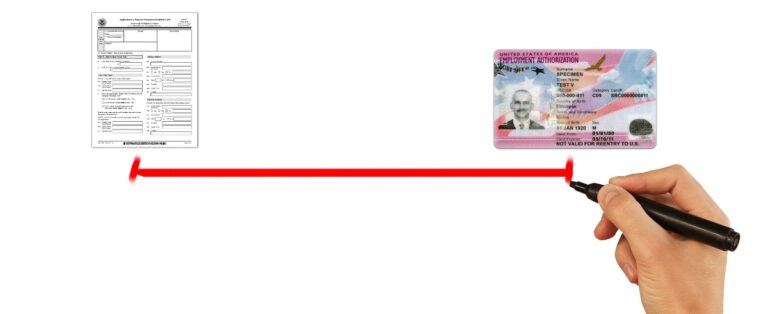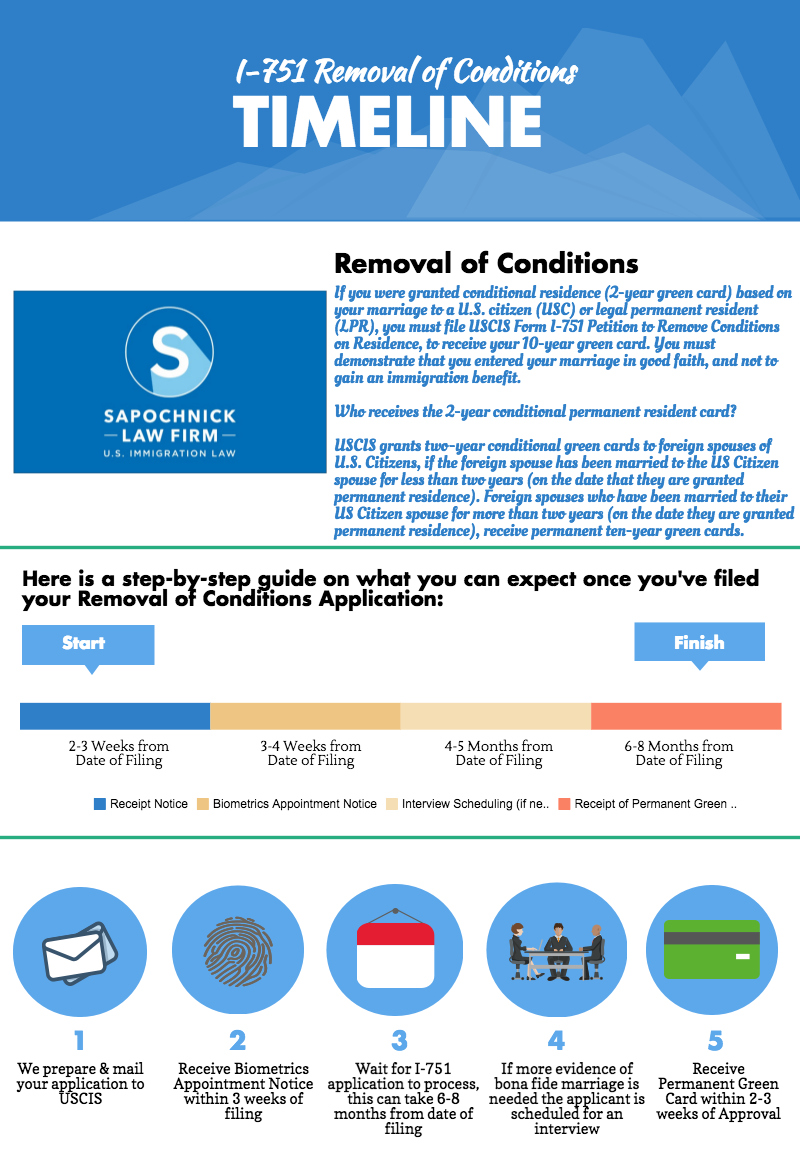

It is classified as "a degree of expertise significantly above that ordinarily encountered in the sciences, arts, or business" by USCIS. The second preference category is reserved for foreign nationals who hold advanced degrees or show exceptional ability.Īn advanced degree is classified as a bachelor's degree and five years of progressive work experience in that field.Īpplicants must demonstrate exceptional ability in the sciences, arts or business. Requirements for each subcategory are listed on the USCIS website. Qualifications as a multinational manager or executive Recognition as an outstanding professor and researcher These are priority workers for employment-based Green Cards. The employment-based Green Card categories are divided into three groups: EB-1, EB-2, and EB-3. The lottery is a random drawing of names and there are up to 20 million applicants in a given year. The Green Card lottery is conducted every year, with USCIS giving away 55,000 Green Cards to lucky noncitizens. Given that it can take anywhere from a year to a decade to process the application, it may not be a viable option for everyone. In many instances, a candidate must remain in their home country while their application is processed.

Obtaining a family-based Green Card is a lengthy process. One of those family members may sponsor the interested individual. These include:įamily-based Green Cards are an option for individuals who already have immediate family members who are U.S. There are three main options for individuals who wish to obtain a U.S. Green Card holders may also be subject to deportation if they are accused or convicted of a serious crime. A Green Card holder who moves back to their home country may risk of losing their permanent resident status in the U.S. It is also possible to forfeit a Green Card if the individual spends an extended amount of time out of the U.S. For example, Green Card holders cannot vote in U.S. Noncitizens with a valid Green Card enjoy some, but not all, of the rights and privileges as U.S. They can freely travel in and out of the country and don’t need to be sponsored by an employer to maintain their legal permanent residence. Green Card holders may live and work in the U.S. Unlike the H-1B, a Green Card permit does not require renewal. for several years and eventually obtain a Green Card are considered permanent residents. Individuals from other countries who enter, live and work in the U.S. While the name Green Card is used almost universally to describe the permit, its technical name is a "Lawful Permanent Resident Card". The initial term of the H-1B visa is three years and is renewable for up to three additional years.Ī Green Card is a permit that allows a noncitizen to permanently live and work in the U.S. Citizenship and Immigration Services (USCIS) to request an H-1B visa for the noncitizen worker.Ī successful H-1B application, visa stamp, and work permit allows skilled individuals to: The company may then file petitions with the Department of Labor (DOL) and U.S. company sends a job offer to a noncitizen and may have to agree on specific terms, such as salary and contract length. When a U.S.-based employer cannot find the necessary talent from the domestic pool of workers, they may opt to hire a noncitizen through the H-1B program.

The H-1B application process requires sponsorship from a U.S.-based employer. The H-1B visa program offers skilled workers who hold bachelor’s or master’s degrees the opportunity to gain employment in the U.S. What is an H-1B visa?įoreign nationals typically require authorization to enter and work in the U.S. permanent resident, you must transition from an H-1B visa status to Green Card, which is often the best option for skilled individuals who wish to remain in the U.S. for up to six years, after which you have two options:įile to adjust status to permanent residency. The H-1B visa allows noncitizens to work in the U.S. Skilled workers working in the United States on an H-1B visa know there is a limit to how long they can remain in the country on their visa.


 0 kommentar(er)
0 kommentar(er)
